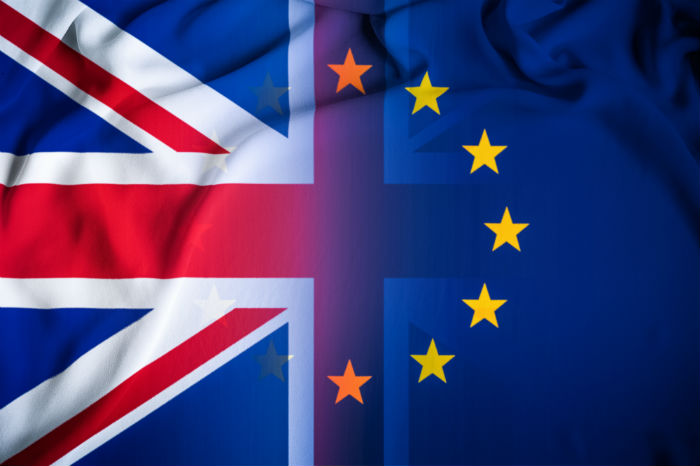On 6 August the government published four guidance documents on the implications of the Brexit implementation period for the life sciences sector. The implementation period will operate from March 2019 until the end of 2020 but only if a Brexit exit deal is reached.
This represents the first formal UK Brexit guidance for the sector. The guidance sets out objectives of continued market access, opportunities to attend committees and groups, and ongoing data sharing, with the aims of ensuring continued access to medicines and medical devices and maintaining patient safety. The key documents can be found here and here.
The guidance also confirms that the UK is to be treated as a Member State for the purposes of international agreements, including Mutual Recognition Agreements, for the duration of the implementation period.
This all sounds good in theory, but of course if there is no exit deal, none of this will apply, as illustrated by a wide series of “Technical Notices” subsequently published by the government on 23 August. These explain how different sectors should prepare if the UK leaves the EU without an exit deal.
Five of the notices relate to the life sciences sector. These can be found here.
The notices set out contingency plans which need to be made, and in some cases put into action immediately, in order to avoid potentially significant disruption. The emphasis is to “prepare for all eventualities”. Some of the key points include the following:
- Centrally Authorised Product Marketing Authorisations will automatically be converted into UK Marketing Authorisations on 29 March 2019 (with an optional opt-out)
- After 29 March 2019, the UK will no longer be a part of the EU centralised procedure and in order to market a product in the UK, an application will need to be submitted to the MHRA for national assessment
- Marketing Authorisation Holders will need to be established in the UK by the end of 2020
- The Qualified Person for Pharmacovigilance should be established in the UK after 29 March 2019, although those without a current UK presence will have until the end of 2020
In parallel with the notices, on 23 August the Health Secretary Matt Hancock issued a series of open letters, both to UK life sciences companies and to the NHS, acknowledging that there is the potential for supplies to be disrupted at the borders. He called on pharmaceutical companies which supply the NHS to “ensure they have a minimum of six weeks additional supply” by 29 March 2019. He also asked that companies plan to air freight any short shelf life products which cannot be stockpiled and which are usually imported by sea, road and rail routes. The government will seek evidence of contingency plans put in place.
The letter to pharmaceutical companies on human medicines supply can be found here.
The Health Secretary’s letter to NHS organisations confirms that pharmaceutical companies have been asked to take action and emphasises that hospitals, GPS and pharmacies should not stockpile medicines. That letter can be found here.
The cost of the government’s plans has been estimated at up to £2bn by the pro-remain group Best For Britain, as reported by the Guardian. Regardless of the actual cost and who will eventually foot the bill, clearly the life sciences sector needs to give serious consideration to how it will manage the government’s requirements. Companies should consider putting action plans in place for a no deal scenario and look at how any required increase in production and changes to logistics can be achieved. The UK BioIndustry Association (BIA) is encouraging its members to engage actively with the government’s request and has acknowledged the “massive challenge” ahead.
Please contact us if you require further information or advice.

 Catherine Penny
Catherine Penny